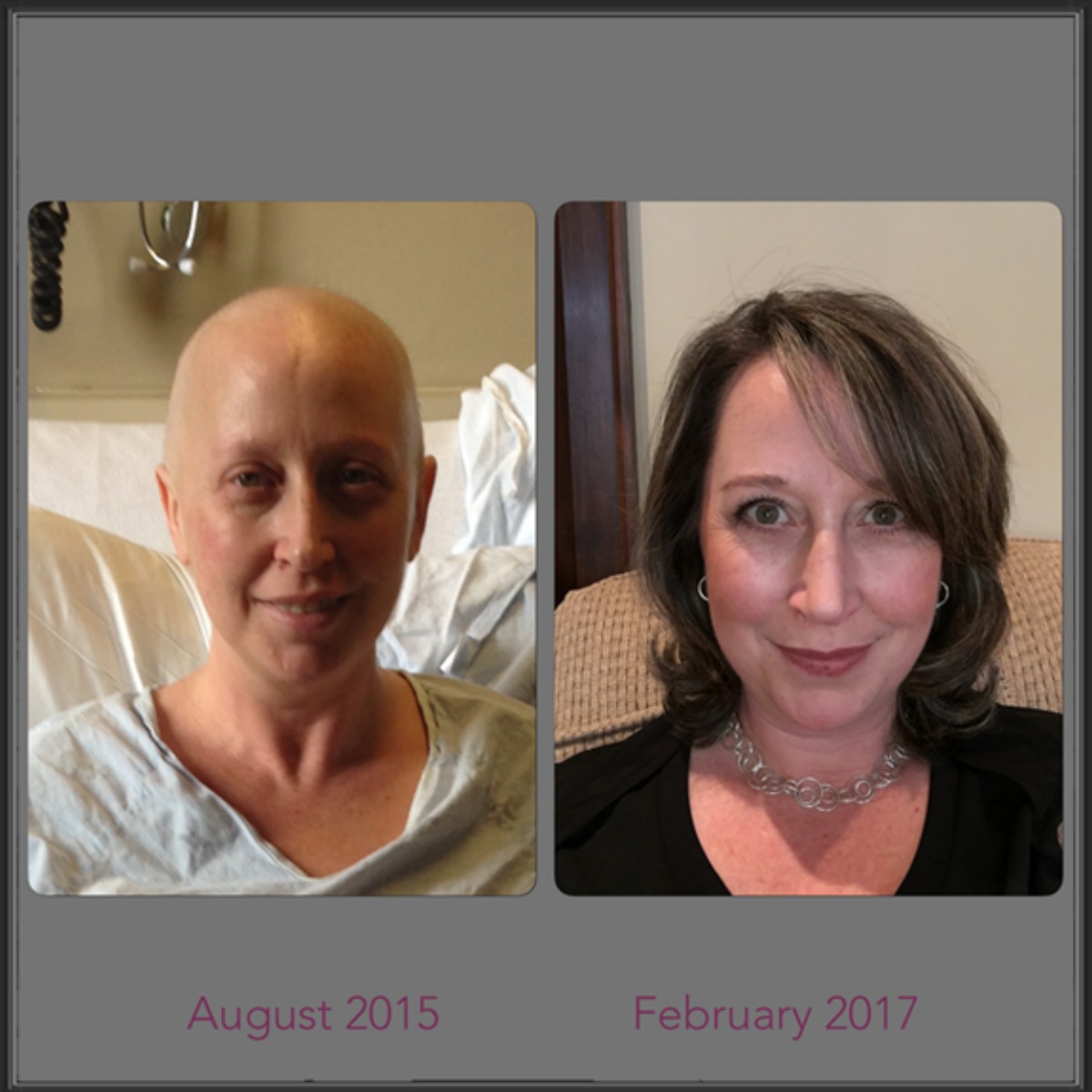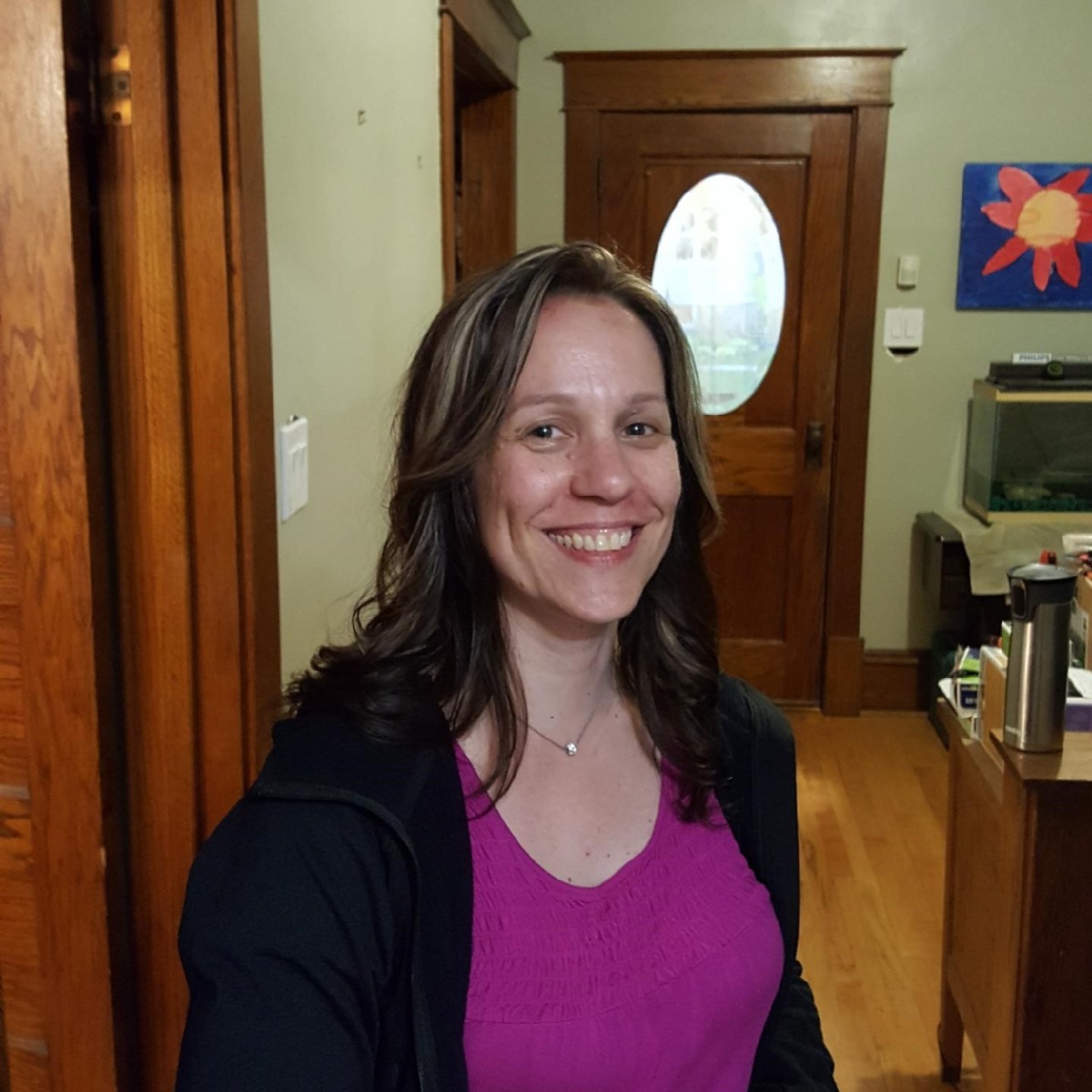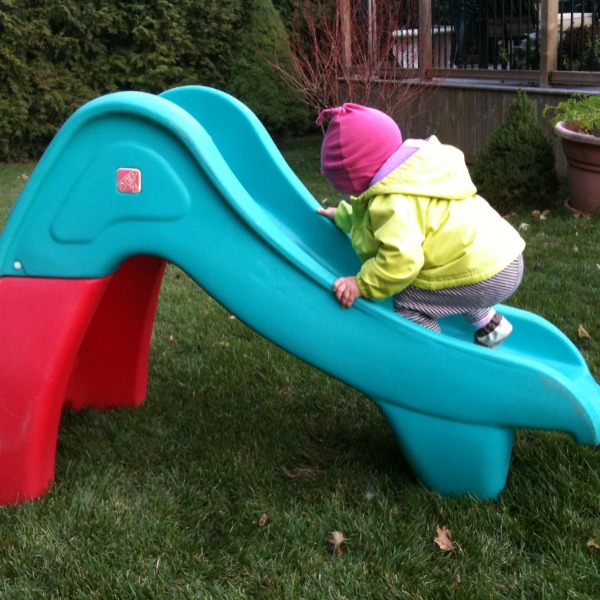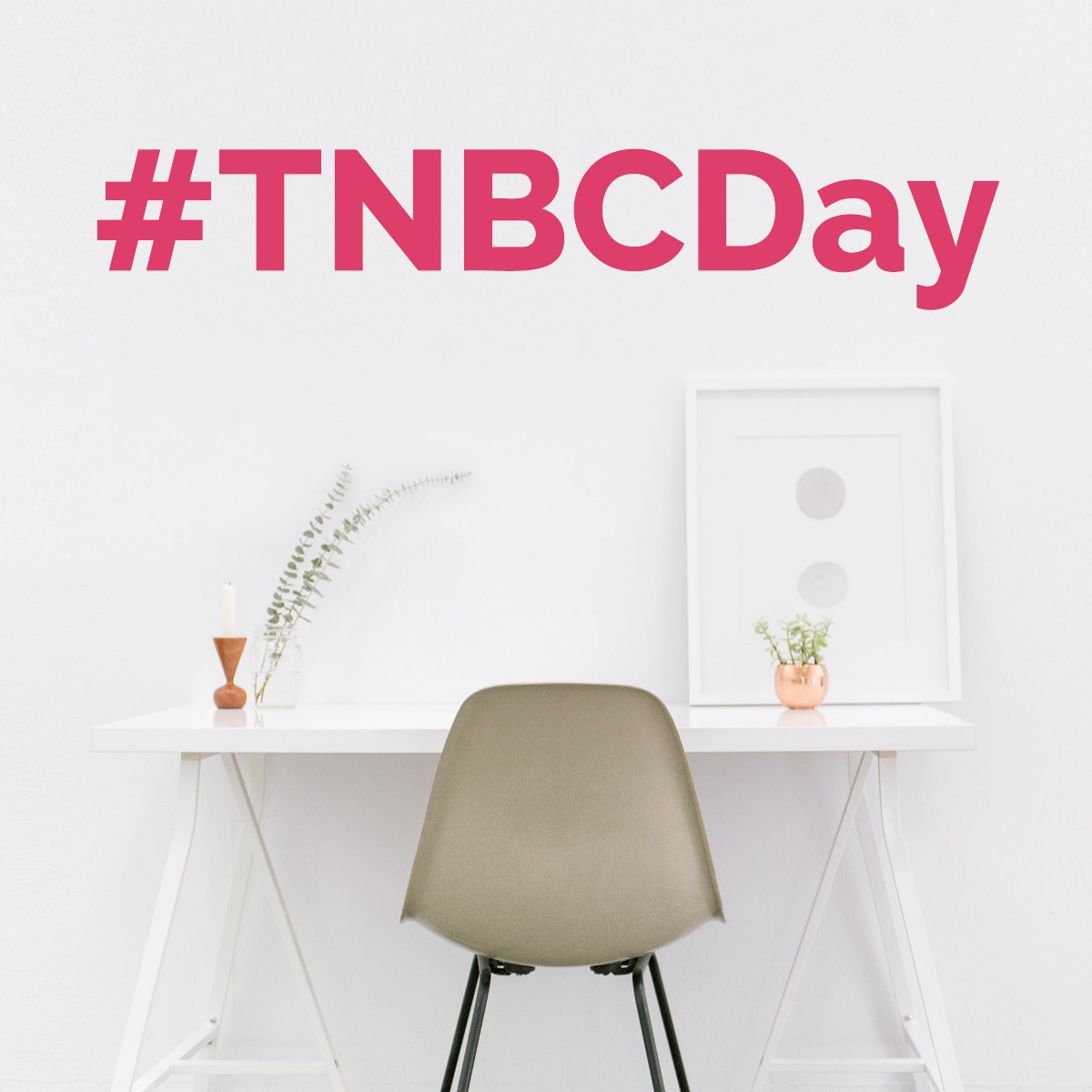By continuing to use our site, you consent to the processing of cookies, user data (location information, type and version of the OS, the type and version of the browser, the type of device and the resolution of its screen, the source of where the user came from, from which site or for what advertisement, language OS and Browser, which pages are opened and to which buttons the user presses, ip-address) for the purpose of site functioning, retargeting and statistical surveys and reviews. If you do not want your data to be processed, please leave the site.
The Voice of People With Breast Cancer
Education
Our Voices Blog
The flying trapeze artist: Hanging in thin air, waiting for the rest of my life to begin
For Jenn Abbott, finishing treatment for breast cancer is like a flying trapeze. Having received her “NED” (no evidence of disease), she is in mid-air, no longer holding on to the bar that represents the medical team that saved her life, while at the same time, not yet catching the second bar that represents the rest of her life after cancer. She is in limbo, facing post-traumatic stress disorder brought on by her cancer treatment which included five surgeries and a severe adverse reaction to chemotherapy that meant she had to stay in the hospital for two weeks. She feels PTSD after cancer treatment is real.
Surviving breast cancer and living with lymphedema
January 4, 2010, I became a fly on the wall. I was at my surgeon’s getting results from my biopsy. It was supposed to be a quick appointment as the initial needle test of fluid prior to the biopsy was negative for cancer, or so we thought. I remember hearing the doctor telling me “unfortunately it was cancer….” I felt like I was having an out of body experience. I was there but literally watching over my body and the doctor from a distance. My world suddenly changed both physically and mentally.
Living like I’m dying
I’m from Ottawa. I was diagnosed de novo in March 2011 with metastatic breast cancer and metastasis to the bone. I am 53 years old. I am a mother, daughter, sister, artist, lesbian, atheist, and gardener.
Medical marijuana gives a metastatic patient relief from pain, hot flashes, and sleeplessness
Cindy Blondeau of Moosomin, Saskatchewan is pleased that the federal government is legalizing marijuana. For this metastatic breast cancer patient, pure CBD oil from this plant works better than any other painkillers that she has tried.
Cannabis for cancer side effects
We’ve been talking a lot lately about side effects and ways to manage or cope with the many symptoms of cancer treatment. But what we haven’t talked about in all of these posts is how cannabis (or marijuana) can be used to help with your side effects. We thought it best to dedicate a blog post entirely on cannabis to help you better understand how it may help relieve your symptoms and how it’s regulated in Canada.
Coping after a breast cancer diagnosis: What makes YOU resilient?
My husband can spend hours washing and polishing his car. Hours. Seriously. A Sunday afternoon can go by, and he is outside working away. I used to feel resentful and irritated. Not anymore.
Rethinking the slippery slope: resilience, metastatic breast cancer, and me
“Go UP the stairs. Slide DOWN the slide. No, Sweetie. Go UP the STAIRS.” She could barely walk, but she was climbing up the slide. Then, and now. Spend ten minutes at a playground, and the appeal of climbing up the face of the slide is undeniable. I am acutely aware of the dangers of falling off the slide, the risks of children bumping into each other. I vaguely remember falling off a slide, decades ago--one of the old, tall ones—before playgrounds had soft surfaces. I like to see everyone going in the same direction. Up the stairs. Down the slide. Nice, orderly, predictable, and safe.
Fear of recurrence runs high for triple negative breast cancer patient
Montreal resident Kelina feels like a “sitting duck” because although researchers are working hard to find treatments for triple negative breast cancer, there are no targeted therapies available to this cancer, which was diagnosed in December 2015.
Getting people access to the treatments they need
There’s been a lot of talk lately about new metastatic breast cancer treatments that can greatly extend the lives of many people in Canada. Targeted therapies are changing the landscape for mBC in a big way.
Triple Negative Breast Cancer Day
Triple Negative Breast Cancer Day is an annual global event on March 3. This is a day for a global awareness and grassroots fundraising aimed at helping to eradicate triple-negative breast cancer and celebrating the courage and strength of triple negative breast cancer patients and survivors.




.jpeg)








